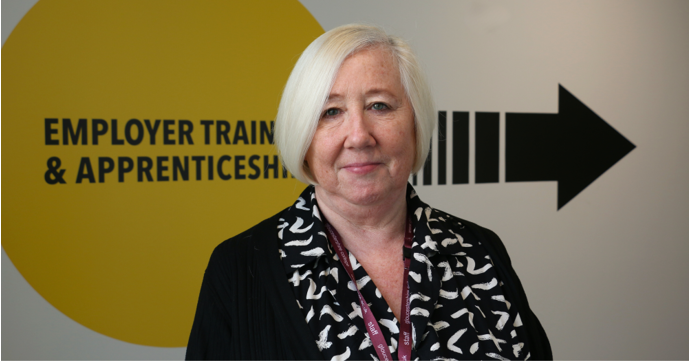Gloucestershire College has invested £500,000 in a state-of-the-art training centre to deliver specialist training for electric and hybrid vehicle technicians at its Gloucester campus, news which has been welcomed by one of the county's leading EV experts.
Supported by the government's Strategic Development Fund (SDF), the training centre will include industry leading workshops and expert lecturers to train technicians from Level 1 to Level 4 in the diagnosis, testing and repair of EV/HEV and components.
The college already provides training for diagnostic, master, motorsport, and paint technicians, as well as workshop supervisors and MOT examiners.
News of the latest investment has been welcomed by one of Gloucestershire's leading businesses in the electric vehicle sector, Cheltenham-based Cleevely Electric Vehicles.
Matt
Cleevely, who runs the family business alongside sister company, Cleevely Motors,
said there's a shortage of skilled staff in the automotive industry.
‘We welcome news of investment in training. But the emphasis does not just need to be on electric,’ said Cleevely, whose business also an apprentice on its books.
‘It is important to get technicians who are knowledgeable about cars full stop. If this new centre attracts people to the profession, then great.
‘The market for electric is growing, but only 30 per cent of our workshop is about electric vehicles – which means the majority of cars are still not electric.’
He says it's a changed profession which made for a rewarding career, with a broad range of knowledge, practical skills, problem solving abilities and IT literacy needed to work on a diverse range of vehicles and technology.
The Institute of the Motor Industry says the number of qualified electric vehicle technicians stands at 32,900, but needs to grow to 90,000 by 2030 to meet demand.
Matthew Burgess, principal and chief executive officer at Gloucestershire College, said the college was committed to working with businesses and employee partners to meet skills needs in the county.
He said: 'We plan to bridge the skills gap in low-carbon vehicle mechanics and future-proof the skills of our own talent-in-training, to make them even more employable when they move into industry.'




















